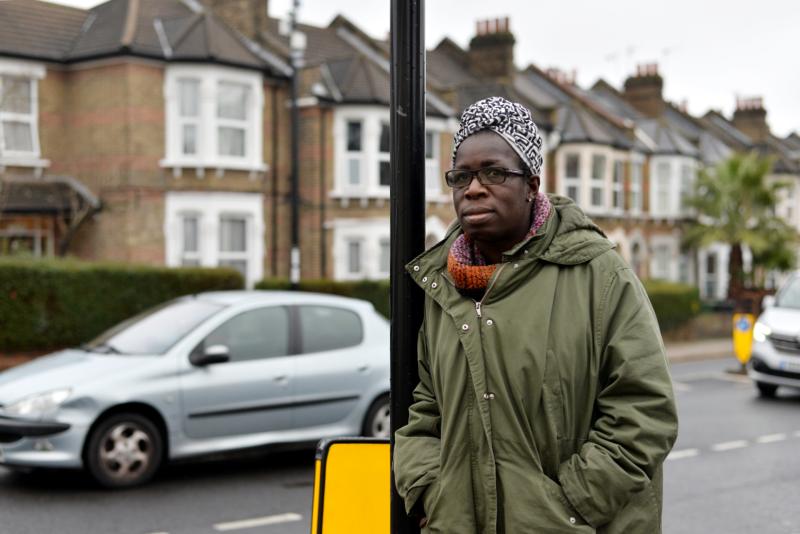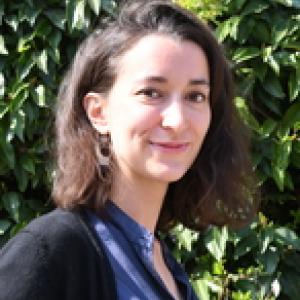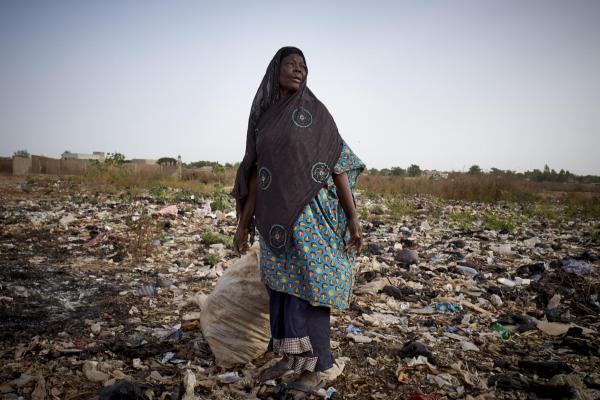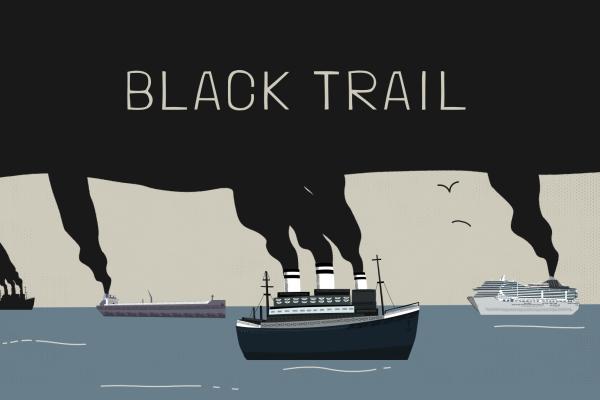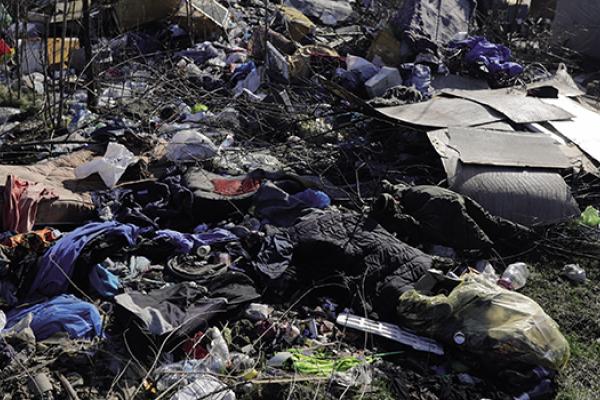Studies have shown that populations that are economically and/or socially deprived and/or marginalised are exposed to higher levels of pollutants or are more vulnerable to their health effects. However, public policies in most countries still fail to address this issue and treat air pollution as a matter of social justice. Most European states do not have specific plans to reduce health inequalities relating to air pollution, nor do they ensure that their measures do not affect the most vulnerable.
Moreover, in some countries, the solutions proposed by the upper classes to combat air pollution do not always align with the interests of the working class. Meanwhile, the most disadvantaged groups have ideas for improving air quality that are not on the political agenda, creating new social tensions.
The cross-border team is exploring inequalities and potential solutions in the UK, France, Poland and Romania.
Photo credit: Alexia Eychenne: 'Rosamund Kissi Debrah, whose daughter Ella was recognised as the UK's first official air pollution victim, campaigns for clean air and social justice.'
